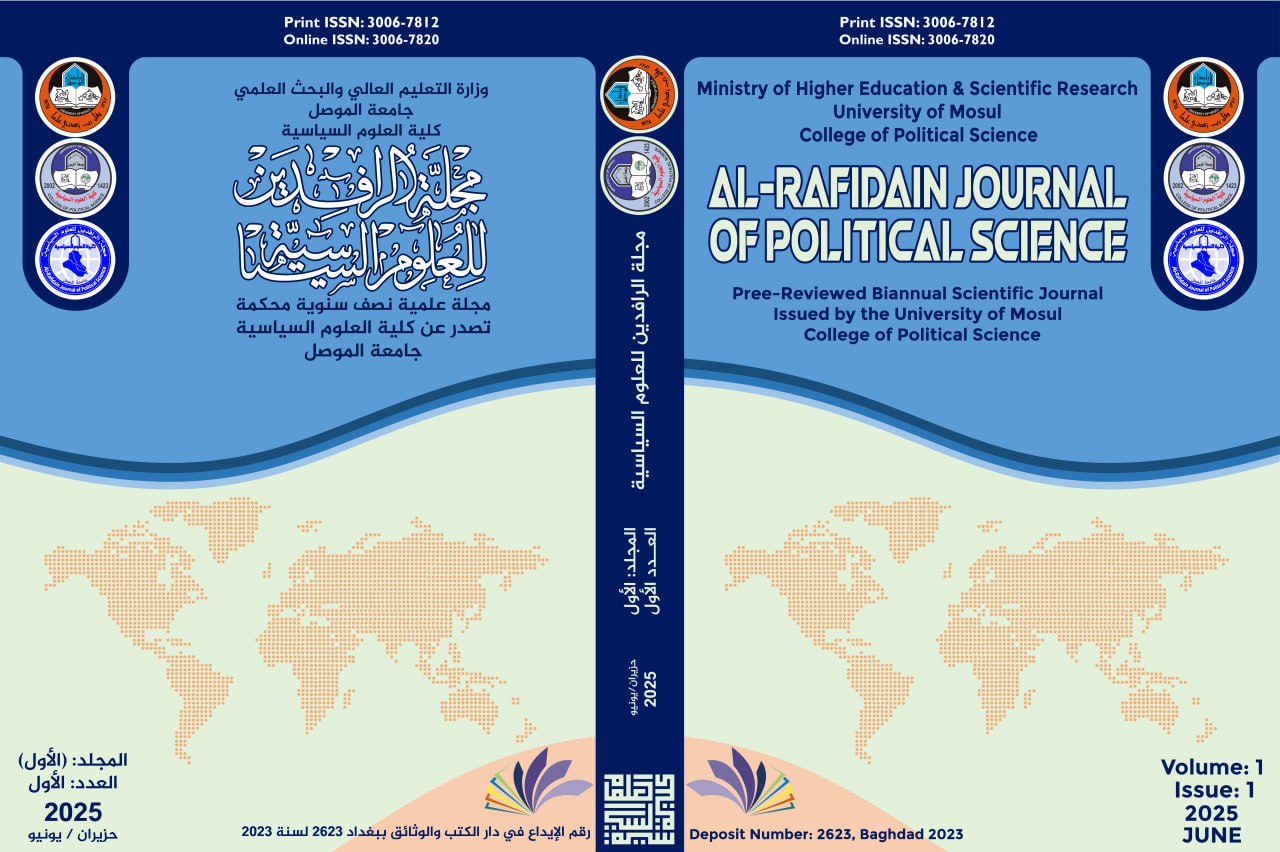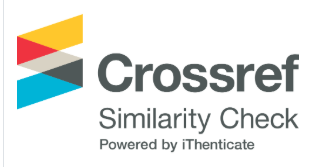Educational Curricula and Their Role in Shaping Memory and Identity: A Methodological Study
Abstract
The research discusses the possibility of a causal relationship between education policies and the design of educational curricula, and how this relationship affects and reflects on determining the content of curricula and consequently on shaping collective memory and national identity among emerging generations, whether positively or negatively. The research concluded that there is a direct impact of education policies on the formulation of the curriculum and the reflection of this on determining the content of the curricula, either by shaping a coherent and balanced collective memory and a cohesive national identity among the youth, or the opposite, depending on what these policies dictate. Countries that adopt an educational approach that makes the contents of school textbooks a space for a shared vision of history, values, and culture will enhance national belonging and the cohesion of collective identity, while countries that adopt an approach that reinforces a unilateral view of the past, marginalizing and excluding the past and history of other cultural groups in society, will lead to fragmentation in identity and weaken loyalty and belonging. However, education remains, in all political systems with their various educational policies, a non-neutral knowledge due to its association with the ideologies and goals of the ruling elites.





